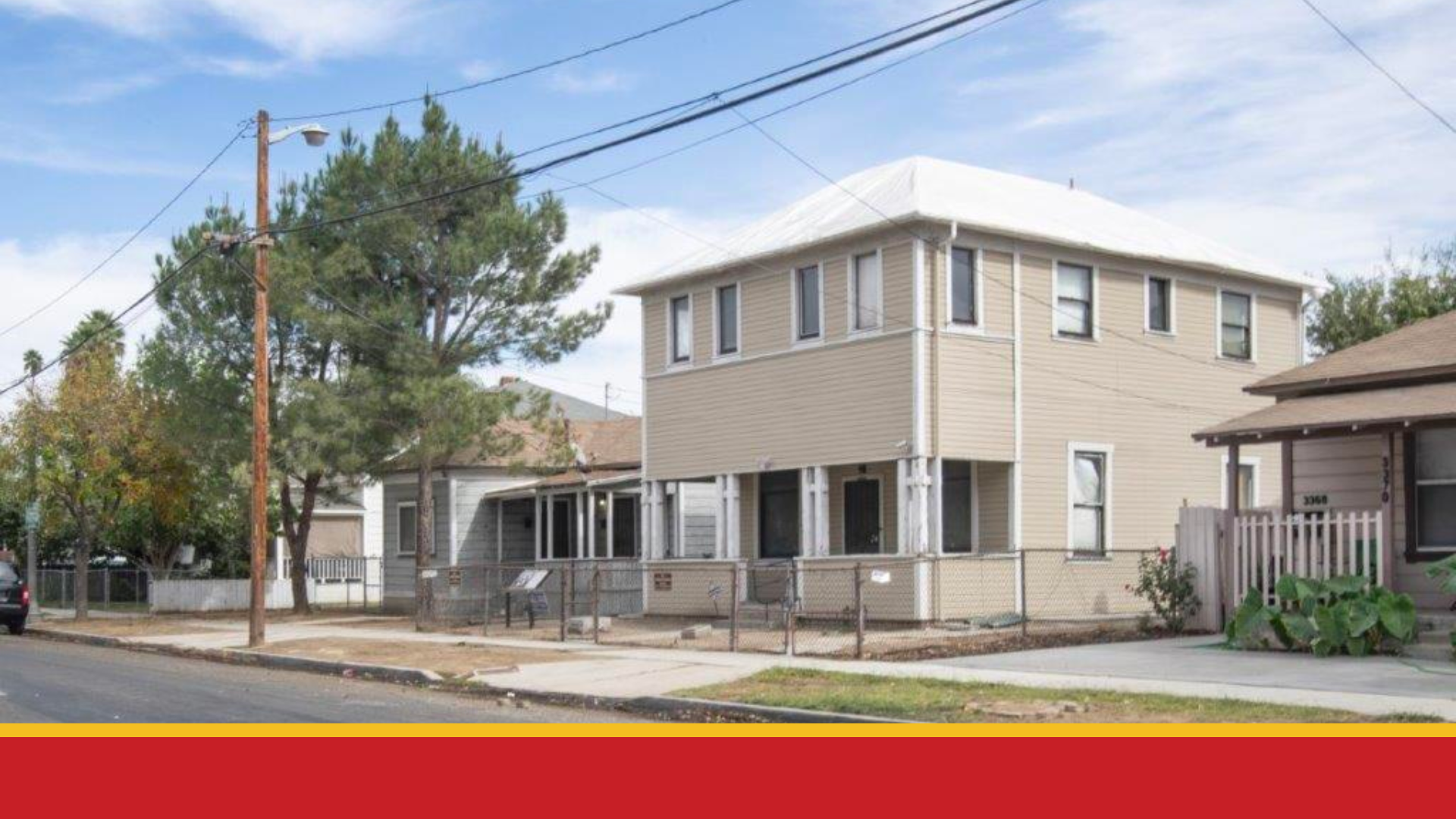 The Harada House, which has been a National Historic Landmark since 1990, now also holds state landmark status as California Historical Landmark #1060, the Museum of Riverside has announced.
The Harada House, which has been a National Historic Landmark since 1990, now also holds state landmark status as California Historical Landmark #1060, the Museum of Riverside has announced.
State landmark status is conferred by the California Office of Historic Preservation (OHP), which administers federally and state-mandated historic preservation programs to further the identification, evaluation, registration, and protection of California’s irreplaceable resources.
The Harada House, at 3356 Lemon Street in downtown Riverside, is not currently open to the public, but its existing historic markers are visible to pedestrians.
The Museum of Riverside, a department of the City of Riverside, expects to announce soon the selection of a historic preservation architectural firm to oversee the complex process of rehabilitating Harada House to federal Secretary of the Interior standards.
Concurrently, the Harada House Interpretive Center next door will be constructed. When this multi-year process concludes, the Museum of Riverside will be able to open the house to the public for the first time.
“The Museum of Riverside is pleased to add the state landmark designation to recent progress made toward opening Harada House,” Museum Director Robyn G. Peterson said. “Riverside is rich in historic sites. Recognition of the presence and significance of historic sites benefits all communities fortunate enough to possess such unique resources. Harada House, recognized for a positive reason — the triumph of the Harada family in the face of an unjust state legal proceeding — embodies an inspiring story.”
Naomi Harada, granddaughter of Jukichi and Ken Harada, said “it is both ironic and auspicious that the Harada House is now recognized as a state historic landmark.” She said the family is grateful for the designation.
“In 1916, California upheld its Alien Land Law and prosecuted my grandfather, Jukichi Harada, a Japanese immigrant, for purchasing property in the names of his American citizen children,” she said, adding that at the time, “it was illegal for Asian ‘aliens’ to own property.
Two years later, in the People of California v. Jukichi Harada, a Riverside Superior Court judge, Hugh Craig, ruled in favor of Harada, thus supporting the rights of American citizens.
“My grandfather had purchased the property after losing a son to diphtheria; he wanted a healthier and safer home for his family,” Naomi Harada said. “This is a universal desire. The state historic landmark status provides acknowledgement of the Harada story, encompassing lessons of immigration, civil and housing rights.”
Mark Rawitsch, author of The House on Lemon Street, the story of Riverside’s Harada family, said, “Ever since Sumi Harada and I first nominated her house as a local historic landmark when I was a graduate student at UC Riverside in 1977, we had always hoped that the state of California would join us in recognizing the long-term value of Harada House in telling our diverse American story. I’m so pleased that day has finally arrived.”
Harada House embodies a story of victory over injustice against Japanese Americans. While the historic events that led to the landmark designations occurred over a century ago, the importance of the Harada story continues into the present when issues relating to immigrants’ rights and civil liberties continue to make headlines.





